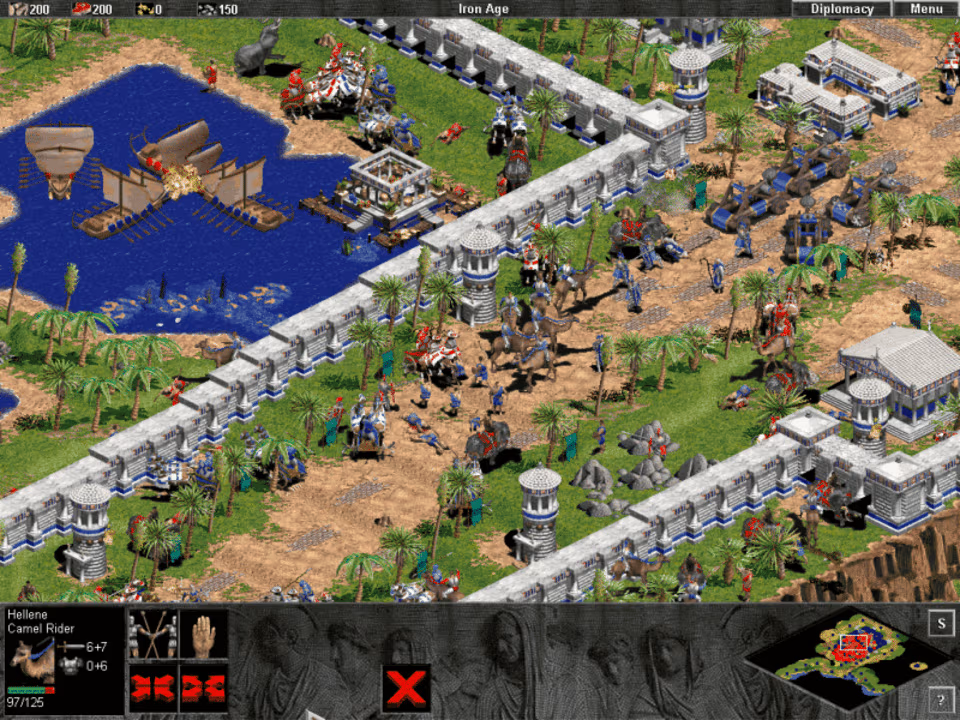
The process of creating a video game has undergone a radical transformation from the early days of the first computer games to now. The challenges developers faced then and now are extremely different. Let's step into the shoes of the developers of the present and the past.

You could entertain yourself, and the games presented a challenge. You could buy LEGOs, books, or whatever, but those eventually end. In computer games, you could always increase the difficulty or face more enemies, and it was an endless challenge. And, God, I loved challenges.
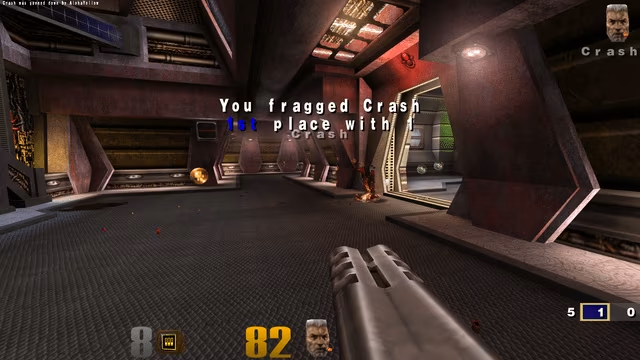
Let's research some facts from Google and then see if we can infer: Has the process of creating and deploying games become easier or harder? What can we learn from it?
These are basically facts you can search on Google, but here's a summary.

-Lack of Tools-
There were no game engines to make life easy.
-Hardware Specific Development-
Every game had to be designed around a specific piece of hardware.
-Limited Scope-
Since resources were very limited, games had to be simple. There were no open world, multi-dialogue, multi-level projects.
-Lone Wolves-
Games were often created by lone programmers.
-Marketing-
The video game industry was just starting. Games were a new concept. Seriously, how do you pitch your game to others when no one expects this type of entertainment, and only a select few even own computers at this point?
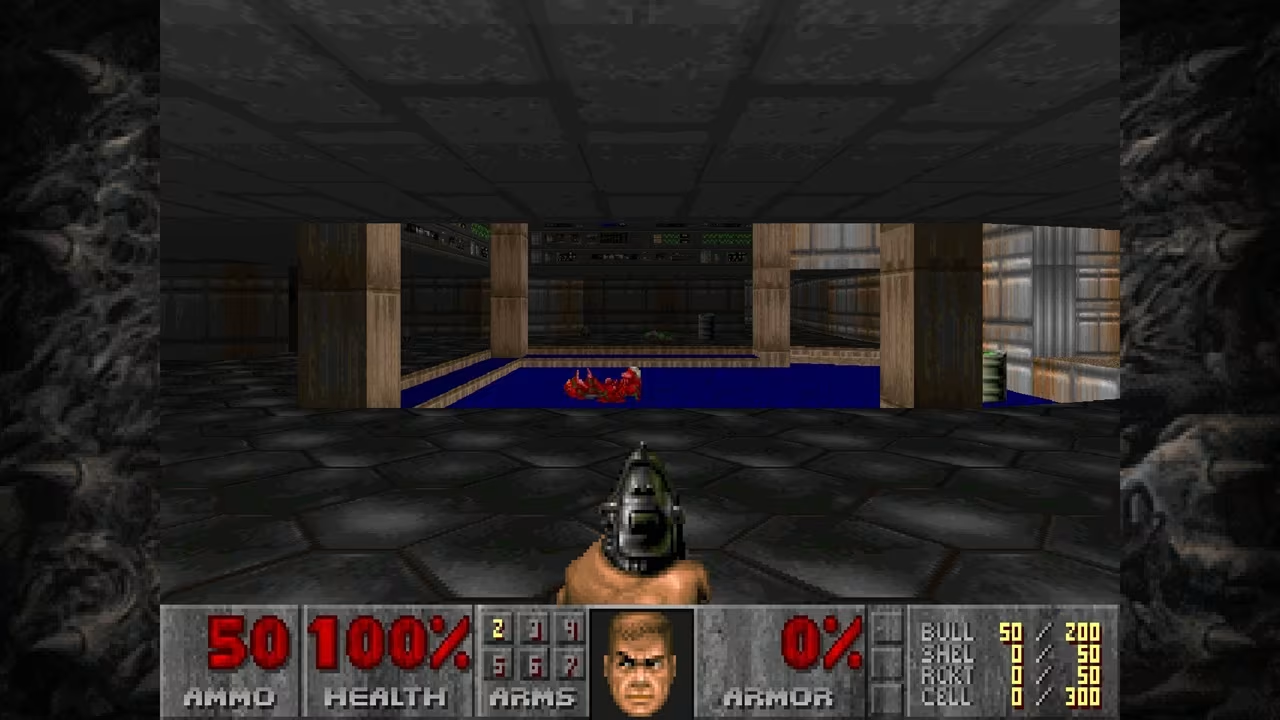
-Increased Scope and Scale-
People could create more advanced projects with multiple modes, levels, and advanced mechanics.
-Development Teams-
As projects grew more complex, it could now take a team of 10-20 developers years to complete.
-Budget Concerns-
The cost of development began to skyrocket. With larger teams of developers, artists, sound designers and graphics specialists, creating a good game required significant resources.
-Marketing-
Projects were better, and the industry was a bit more saturated. The internet was beginning to be used, and there were some tools to reach others. Competition started to rise.
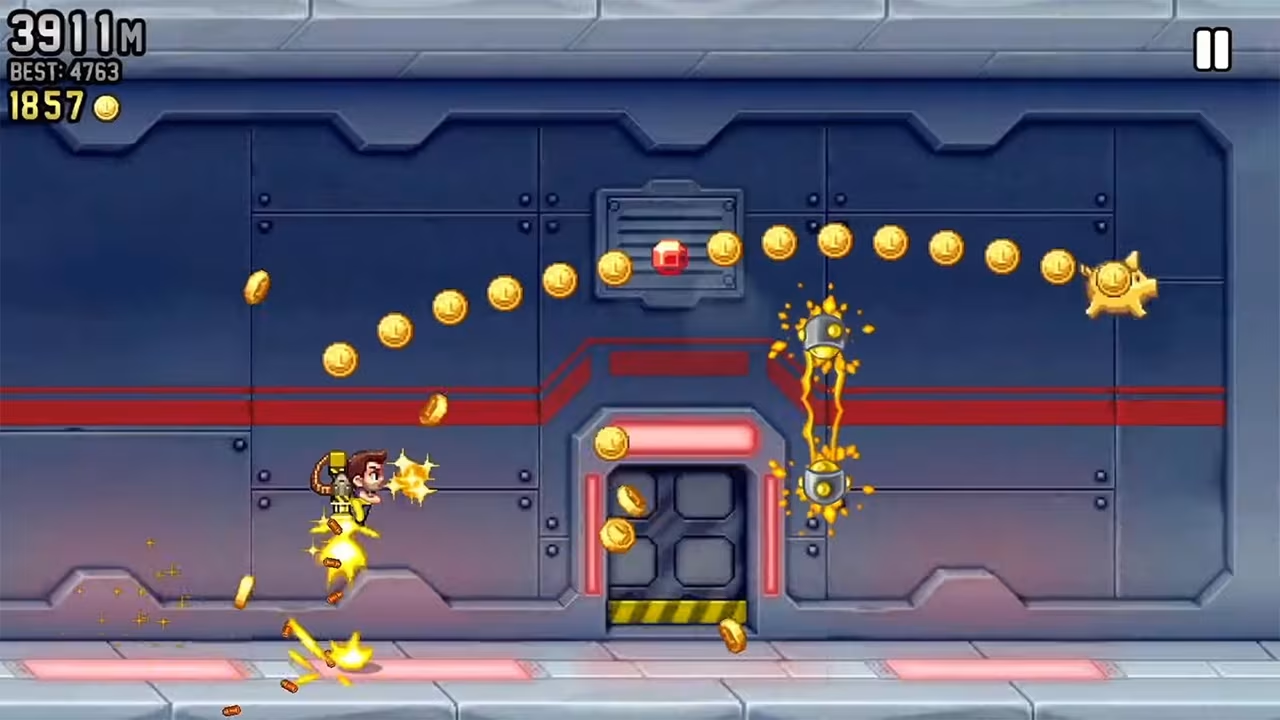
Today, the video game industry is a global behemoth. There are many tools available to create games, among them game engines, Photoshop, Blender, and sound applications. Recently, we even got an AI that helps to make development even easier! There are established ways to develop and promote games, with plenty of forums and best practices for development and marketing. Anyone can install Unity and get a cube to move in a few minutes!
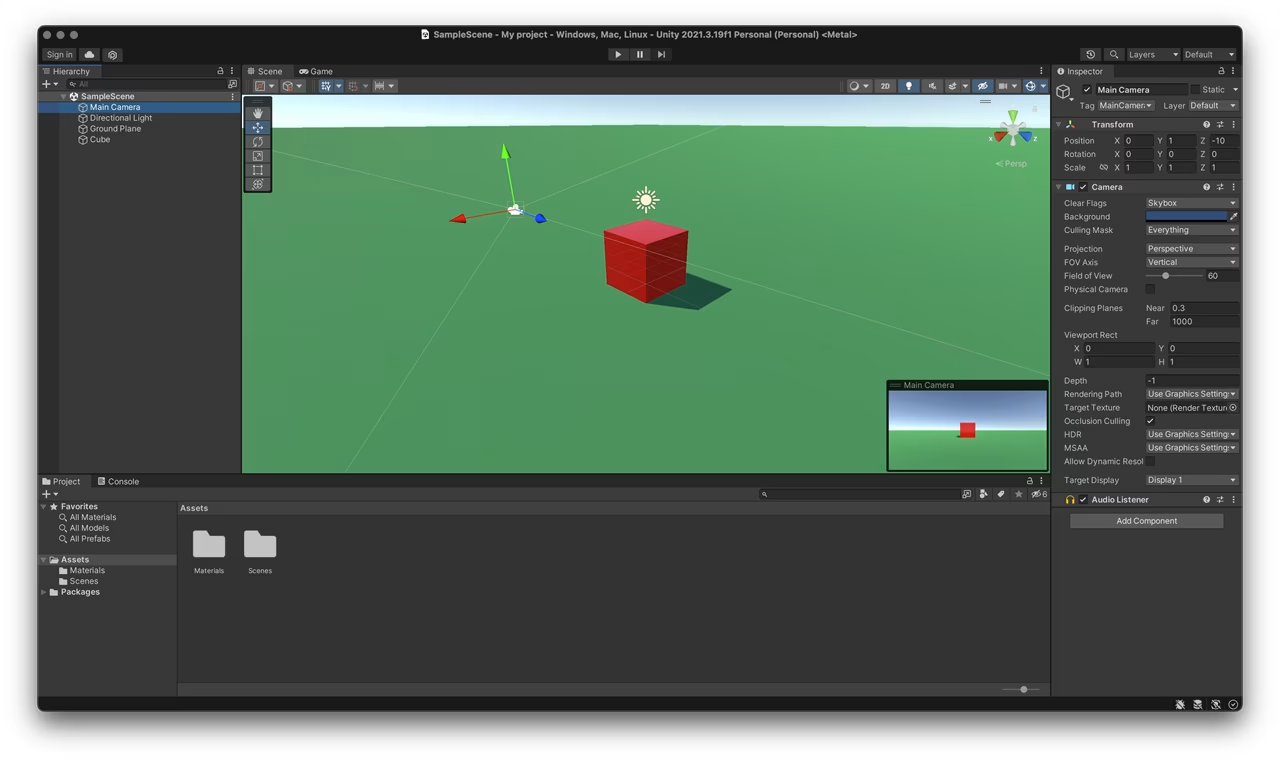
-Democratization of Tools-
Nowadays, you can develop a full game, together with art, sound and everything for free. There are certainly free tools available for every aspect you need of the development.
-Post Launch Demands-
The development process no longer ends with a game's release. Developers now have to deal with patches, bug fixes, DLCs, and more. Games often require a long term commitment.
I made games with C++, OpenGL, Java, so I kind of tasted the 2000s era in terms of game dev. Indeed it was very hard to plan and build big projects from scratch. You had to learn about many low-level concepts that you are now saved from knowing about thanks to the high abstraction of game engines.
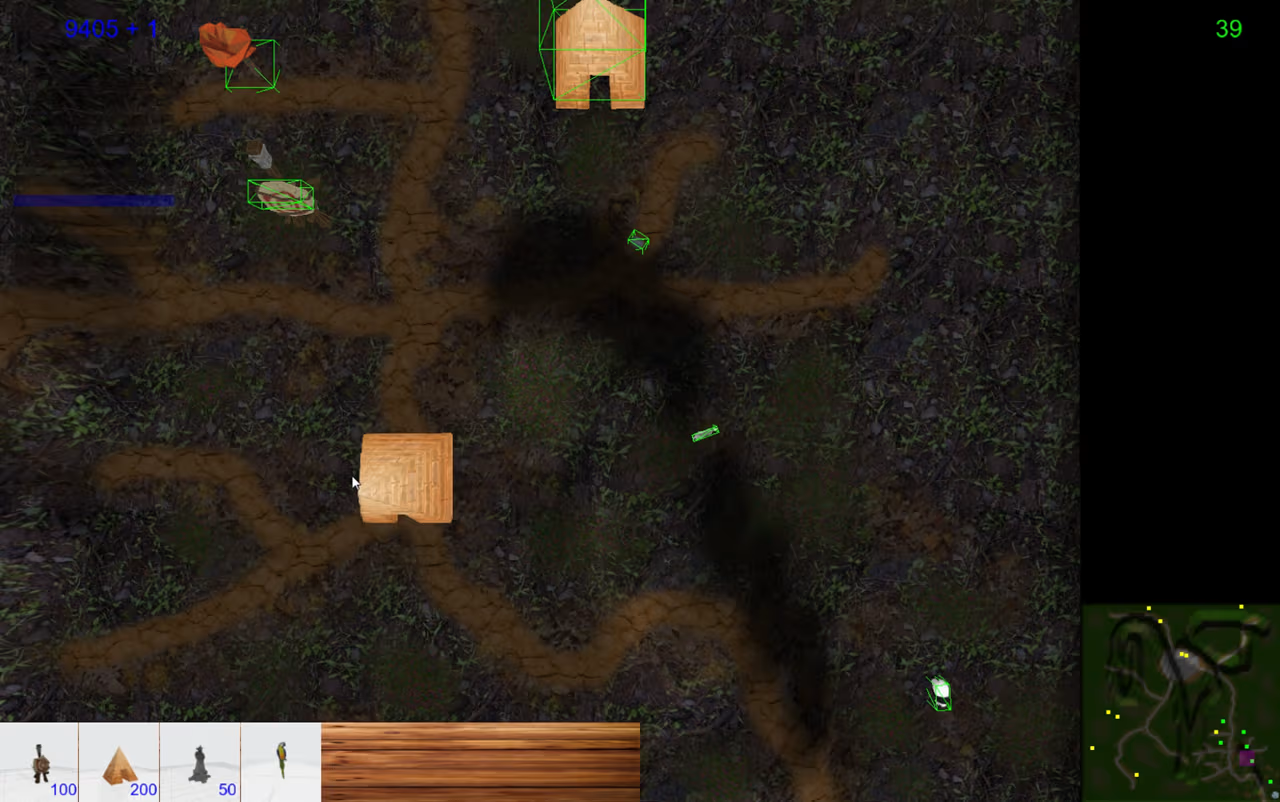
The real behemoths. Huge companies that often create truly outstanding games like Elden Ring and Assassin's Creed. They use the best available tools for development, marketing, drawing, and more.
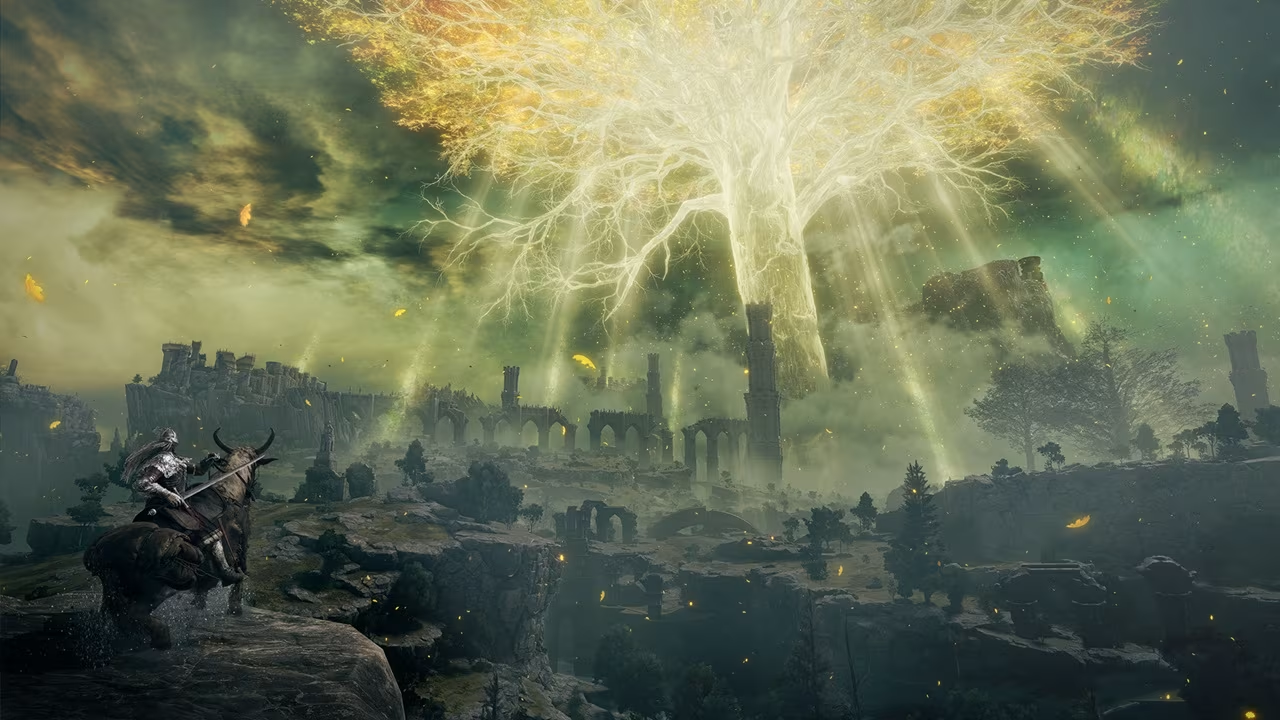
Small teams and solo developers. We often won't be able to use the best tools since we don't have a huge budget, but most of the time there are free tiers, open source tools and sufficient alternatives that we can use.
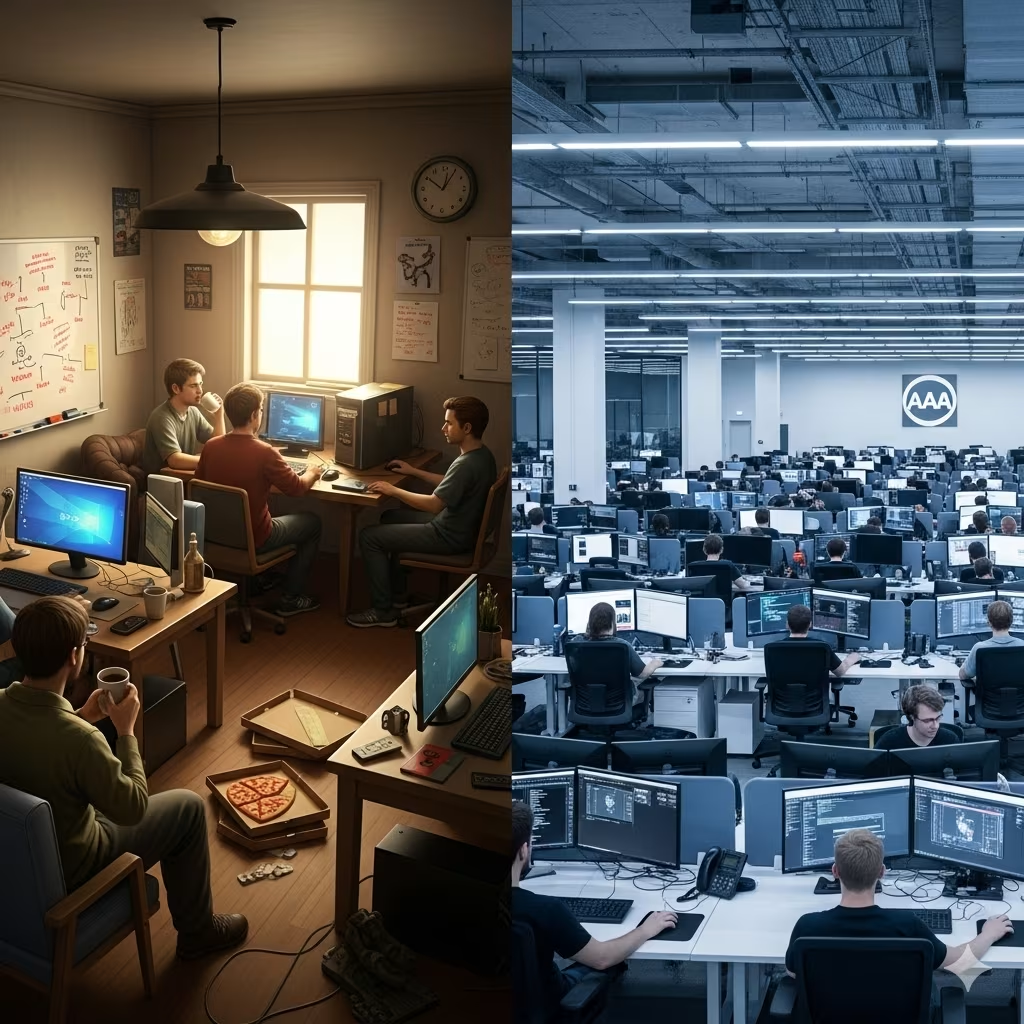
And let's suppose you finish a game. Congrats! It's not an easy task. But how do you compete with the AAA titles? How do you stand out among all the other developers who were also able to create their games using the various free tools available?
Now, with more and more games releasing on Steam, when your game can be flooded by thousands of other apps on the Play Store, and when the industry is the most competitive it has ever been, what do I think? I think we are in the best state possible for both AAA titles and indie developers. Let me explain.
AAA titles require huge resources and create specialized jobs for professionals in specific fields. Their games are (usually) high quality. But they also usually cost a lot. Additionally, as an AAA company, why should you take a risk by trying to build something different when a mistake could cost you millions of dollars? It's better to stick to the known types of games people like and buy. They use the best tools and are ready to pay for them, which helps push the industry forward as more tools are released to make the development cycle easier.
Now regarding indie devs. Accept it - you won't make a better game than an AAA company. So what can you do? Use your creativity. Just as there is always some new technology or startup people had never thought of, the same story applies to games. AAA titles won't discover new genres or experience combining genres as they risk losing a lot of money. But an indie studio will. Remember Minecraft, Among Us or Lethal Company. And even if you don't create an entirely new idea, you might make something with a unique story, gameplay, or graphics style that fans of older games may enjoy. You will also set a significantly lower price than AAA titles, which will make players more likely to acquire your games.
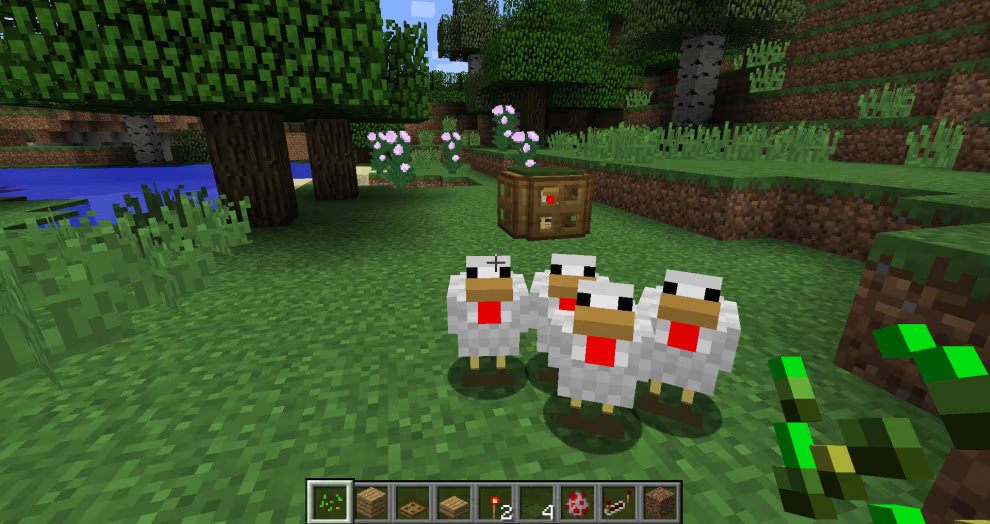
Of course as in anything - you won't necessarily succeed. You may learn programming, SEO, marketing and you may make great efforts. But you can still be buried under all the other thousands of games that get released. But, in indie development specifically, it wasn't in vain. You gained a unique perspective. You learned a lot of things - literally the entire flow of publishing a whole product. You can take those skills anywhere, and they will definitely be useful, whether you're creating a startup, managing a company or specializing in any of the things you learned as part of game creation. And of course, add to it that it's fun to create games. If you think about all of it, it is completely worth it even if you don't necessarily succeed.
Let's talk about the players, shall we? As a player - I have a full market of every possible game, and I can play whatever I want. Whether it's an RTS, a competitive game, a unique art style indie game or a huge blockbuster like Far Cry. We have an entire gaming culture that matches anyone's taste.
That was a long article, so let's sum up. It's still hard to make a game, but the challenges have shifted from the difficulty of physically creating a game to the difficulty of getting attention - you must stand out. Large companies work on amazing projects with professionals, and indie developers create unique experiences that stand out. All this while providing any player around the world with any game they want to play.